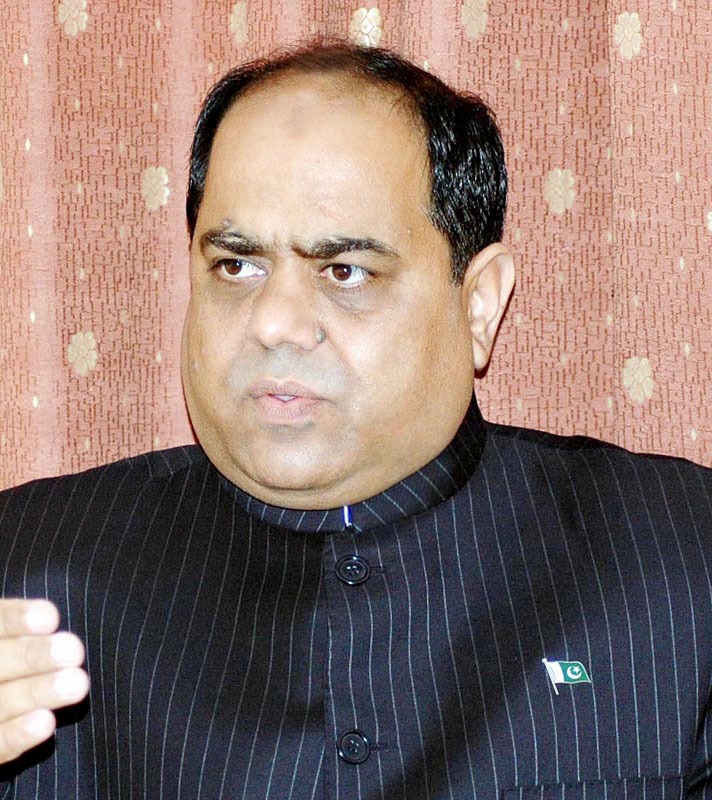Aging reservoirs and stalled projects deepen looming water crisis.
New dams vital to avert food and energy collapse.
Staff Report
ISLAMABAD: Pakistan confronts an unprecedented dual assault on its water security: India’s systematic manipulation of shared river systems and the catastrophic deterioration of domestic water infrastructure that threatens the nation’s economic foundation and survival.
Dr. Murtaza Mughal, President of Pakistan Economy Watch, delivered a scathing assessment Sunday, demanding immediate declaration of a national water emergency alongside radical institutional reforms and aggressive diplomatic intervention. The warning comes as Pakistan’s per capita water availability plummets to a dangerous 900 cubic meters annually, below the World Bank’s 1,000 cubic meter threshold for water-scarce nations.
“India’s weaponization of water resources represents nothing less than economic warfare against a downstream neighbor,” Dr. Mughal declared, condemning persistent violations of the Indus Waters Treaty. He urged the government to escalate the dispute through World Bank arbitration mechanisms and United Nations, warning that diplomatic inaction invites further aggression.
The crisis extends far beyond external threats. Pakistan’s critical water infrastructure is facing systemic collapse due to decades of neglect and underinvestment. Major reservoirs, including Tarbela and Mangla, now operate at less than 40% of their original storage capacity due to relentless sedimentation and maintenance failures, a decline that Dr. Mughal characterized as “economically suicidal.”
Current data reveals the scale of institutional failure. Over 30 million acre-feet of precious freshwater flow into the Arabian Sea annually due to inadequate storage infrastructure. Meanwhile, Pakistan’s agriculture sector, which generates 70% of the country’s agricultural output through river-fed irrigation, faces imminent collapse without immediate intervention.
Strategic dam projects essential for national survival remain mired in bureaucratic paralysis. The Diamer-Bhasha, Mohmand, and Dasu mega-projects continue experiencing costly delays stemming from unresolved land disputes, governmental inertia, and chronic funding shortfalls. Each month of delay translates into lost agricultural productivity and forgone clean energy generation, both of which are desperately needed at this time.
Dr. Mughal proposed comprehensive institutional restructuring to address the crisis. His recommendations include establishing an independent water infrastructure authority under the Council of Common Interests to streamline planning and execution, conducting transparent audits of all existing water projects, implementing stricter controls on groundwater extraction, and launching nationwide conservation awareness campaigns.
“Pakistan cannot survive as a water-dependent nation that wastes its most precious resource,” he emphasized. Water security must be elevated from a provincial concern to our highest national security priority. The alternative is economic collapse and social chaos.

